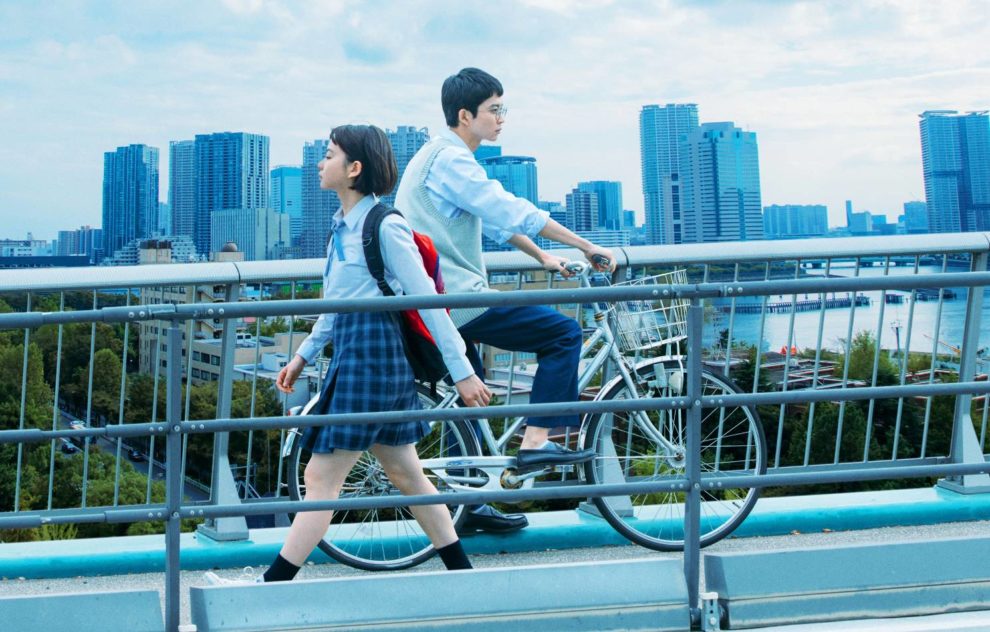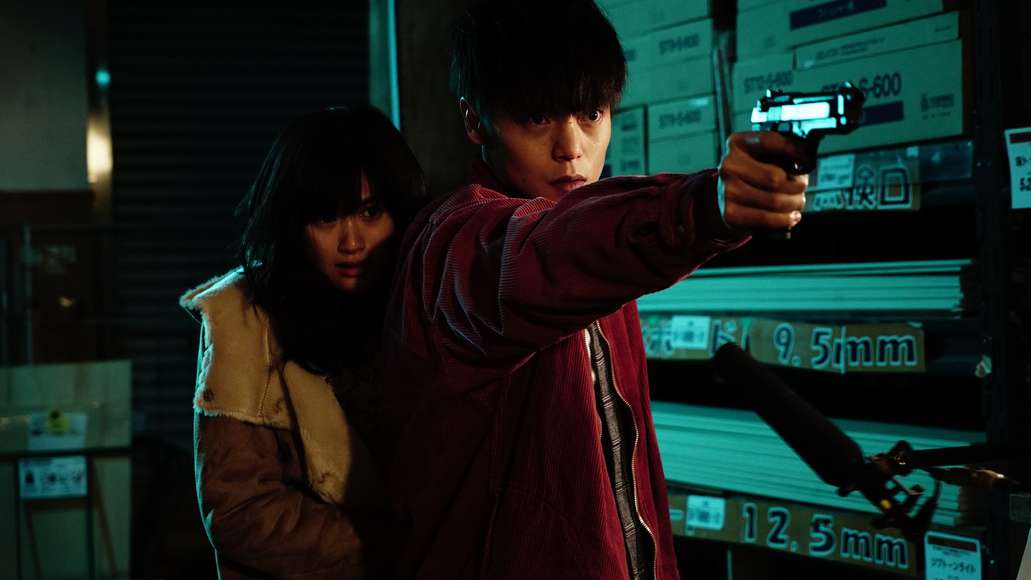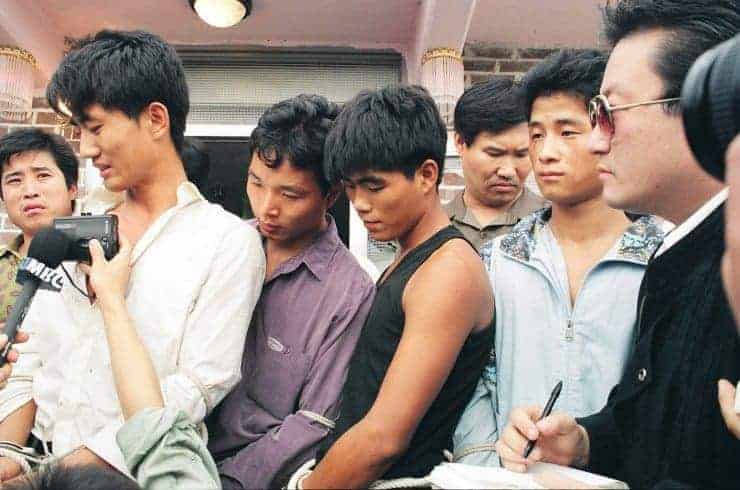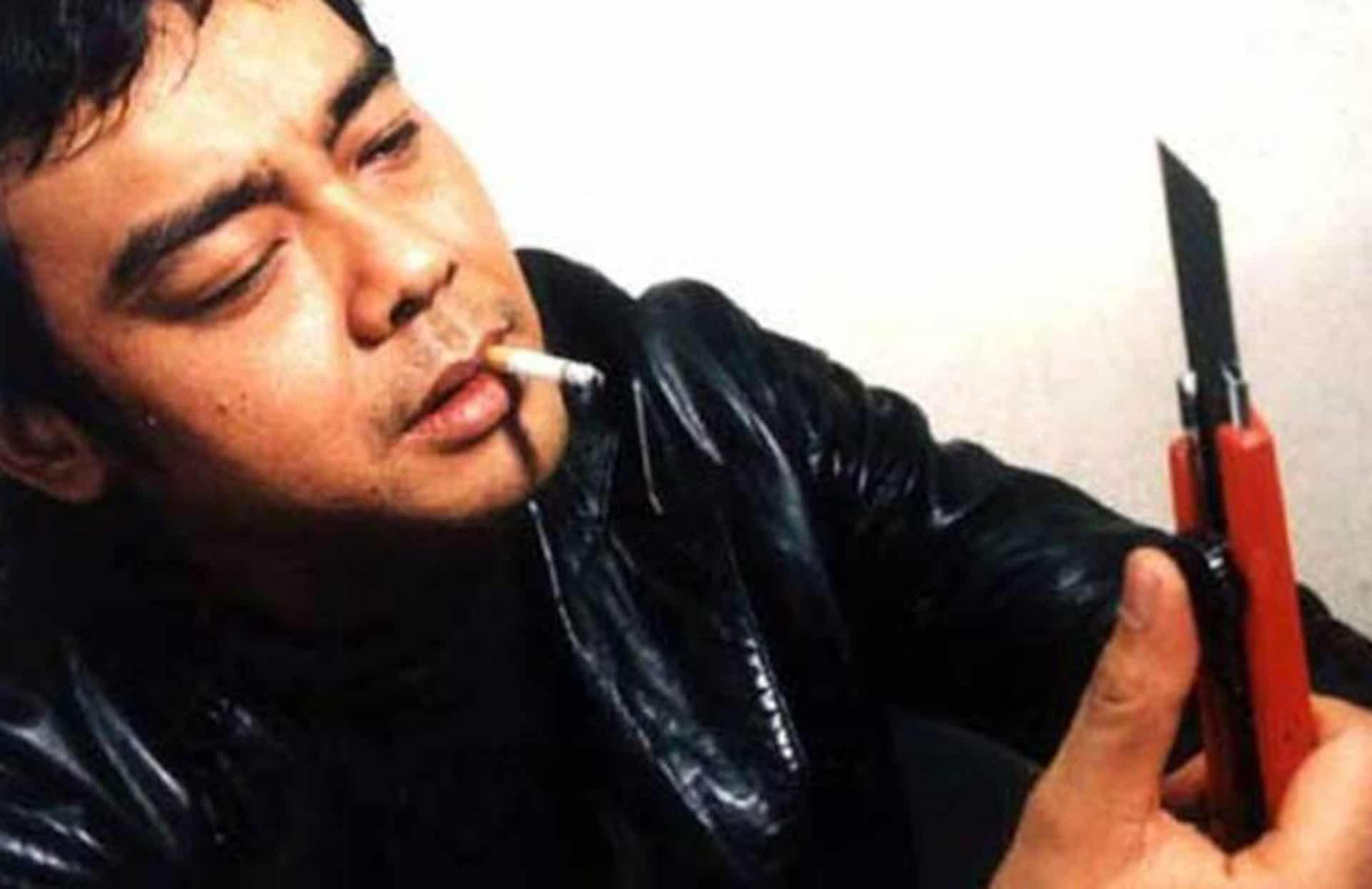Young love is often an element explored in coming-of-age stories, whether it be in novels, manga, anime or live-action features. For her latest film “Georama Boy, Panorama Girl”, Natsuki Seta adapts an 80s manga series by the same name from “Helter Skelter” writer Kyoko Okazaki to tell a sweet story of the days when love first blooms.
“Georama Boy, Panorama Girl” is screening at Fantasia International Film Festival

Sixteen years old Haruka has but one wish: to fall hopelessly in love, like she sees some of her classmates do. Her days in school are spent gossiping with her best friends Kaede and Maru about their classmates in relationships and hoping for the same to happen to them. On the other hand, wilful 17-year-old Kenichi decides to just quit school one day mid-test and goes to Shibuya, where he befriends the beautiful Mayumi, a woman older than him.
Flirting leads to a coffee date, which is cut short when Mayumi's male friend comes and beats Kenichi up. The beaten and bruised Kenichi heads back home when he collapses in front of Haruka, who briefly helps him. After he leaves, she realises that he has dropped his student ID and takes it as a sign that he's meant to be her first love. Kenichi, meanwhile, focuses all his efforts on winning Mayumi over, even after he finds out that she's someone who doesn't usually indulge in sex unless there's money involved.

Though Natsuki Seta doesn't quite attempt many new things, it has an undeniable charm to it that is infectious. The script, also by Seta, has a very acute understanding of its subjects and hence, most of the emotions both the lead characters go through feel very authentic. The story divides between the two characters, both of whom go through their own very different but equally engrossing journeys that would indeed be relatable to large sections of the audience, making it an effective, universal coming-of-age tale.
In achieving that, Seta is helped largely by both her extremely likeable actors Anna Yamada and Jin Suzuki as Haruka and Kenichi respectively. Yamada, particularly, goes through a tender journey, culminating in a superb scene near the end, where she walks quietly home with a world of emotions on her face. Suzuki too gets scope to shine, with his scene in the hotel room being one of his best in the feature. The two are surrounded by a decent supporting cast, with Misato Morita being sufficiently charming and seductive as Mayumi and newcomer Erika Takizawa impressing as Haruka's friend Kaede.
Just as the two lead characters are constantly growing and in a state of development, so is the Tokyo around them. In that sense, “Georama Boy, Panorama Girl” is almost a love letter to the city, a beautiful showcase of a city constantly changing, constantly progressing. And this aspect is evident not just in Yasuyuki Sasaki's cinematography, which shows the ultramodern side of Japan's capital as an ever-developing landscape. Buildings under construction, roads being widened all throng the picture's frame as often as they can. The dialogues too often read almost like a love poem to the city. While this may have been an element that'd have worked in the 80s-set and written manga, Seta is able to adapt this well into the modern-day setting too.
All of these aspects combine to make “Georama Boy, Panorama Girl” a cute coming-of-age tale that may not attempt to carve a new path for the genre but manages to walk over the existing one with grace, wit and metaphors galore.















